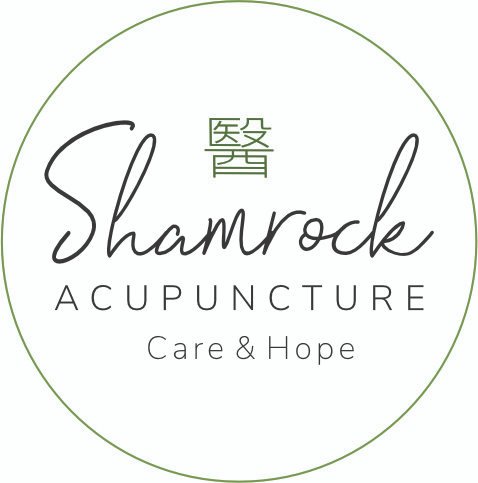Many people who don’t understand traditional Chinese medicine (TCM) or only know a little about Western medicine often claim that Western medicine is more advanced and that TCM is outdated. But what does “advanced” really mean?
Western medicine is advanced in areas like microbiology, molecular biology, and technology. It’s skilled at cutting out or killing unhealthy tissue. But does that mean Western medicine is better at treating illnesses?
Take stomach pain as an example. A Western doctor might first check for Helicobacter pylori (H. pylori) bacteria. If it’s found, the doctor prescribes antibiotics. But which antibiotic will work? That’s unknown until the patient tries them—one, then another, and maybe a third if the first two don’t work.
If there’s no H. pylori, or if the bacteria are gone but the stomach pain continues, the doctor will use tests like endoscopy to check for ulcers or growths. If they find inflammation, they use stronger drugs. If something unusual is growing, they might cut it out. But what happens if all the tests show nothing wrong and the pain remains? The doctor might call it “acid reflux.”
For acid reflux, the advice is to take acid-suppressing medicine (but not for too long because of side effects), eat earlier, raise your pillow, avoid tight clothes, and so on. If the pain still doesn’t go away, the doctor may say it’s a “functional problem,” which means they don’t know the exact cause. They may suggest taking probiotics or eating probiotic-rich foods like yogurt to see if it helps.
But what if probiotics don’t work? The doctor might advise cutting back on certain foods, though they half-jokingly admit that avoiding everything can make life pretty dull.
In practice, we often see patients who avoid nearly all ‘forbidden’ foods, yet still experience stomach pain. When they seek further guidance, the suggestion may be to consult a psychiatrist to rule out psychosomatic causes.
How does TCM handle stomach pain? TCM looks at the whole body as one system. Stomach pain can have numerous causes: excessive heat or cold in the stomach, accumulation of fluids or phlegm, liver and gallbladder issues affecting the stomach, and many more. These causes, both visible and invisible to modern diagnostic tools, are addressed using TCM’s comprehensive physiological and pathological models. While we won’t dive into the details here, TCM focuses on treating the root causes, not just the symptoms. Many people have seen remarkable results with TCM.
And that’s just stomach pain—what about more complex health issues? Examining these systematically could take significant time, but those who invest the effort often transition from Western medicine enthusiasts to TCM advocates within months.
So, let’s spend more time understanding real TCM and also the limits of Western clinical treatments. Only when we dig deeper into these topics can we have meaningful discussions. Otherwise, we’re just repeating shallow opinions from the internet that don’t help anyone understand medicine better.
Interestingly, research on H. pylori continues to evolve. While killing the bacteria reduces ulcers and stomach cancer, it may also increase acid reflux and esophageal cancer. The verdict is still out, but this shows how focusing too narrowly on one issue can sometimes cause bigger problems—like fixing a leak in the roof but accidentally causing a flood in the basement.
In the end, both systems have value, and understanding their strengths and limitations can help us make better choices for our health.
